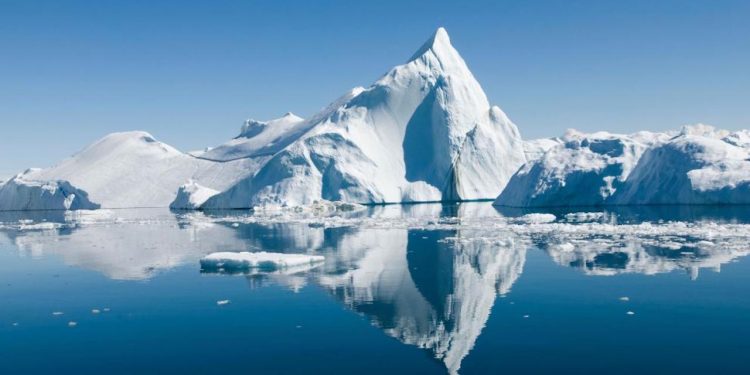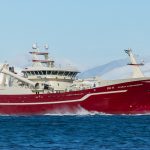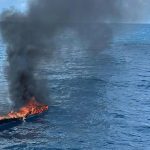An agreement designed to prevent unregulated high seas fisheries in the Central Arctic Ocean has come into force.
Parties to the agreement are Canada, the People’s Republic of China, Denmark (in respect of the Faroe Islands and Greenland), Iceland, Japan, the Republic of Korea, Norway, Russia, the USA and the European Union.
Currently there is no commercial fishing in the high seas portion of the Central Arctic Ocean, an area roughly the size of the Mediterranean, and no regional fisheries management organisation or arrangement exists for this whole area.
Due to the impacts of climate change, it cannot be excluded that commercially interesting fish stocks may occur and lead to fishing activities in the Central Arctic Ocean in the mid- and long-term.
To address this issue proactively, the EU and nine nations in 2018 signed this international agreement after two years of negotiations. The Agreement applies a precautionary and science-based approach to fisheries by banning unregulated fishing activities in the Central Arctic Ocean, while a joint scientific programme is set up to improve Parties’ understanding of the ecosystems and potential fisheries.
Based on the information acquired, Parties may in the future decide to commence negotiations to establish one or more regional fisheries management organisations or arrangements.
‘The Agreement’s entry into force is a historic success,’ said EU Commissioner for Environment, Oceans and Fisheries Virginijus Sinkevičius.
‘It protects the Arctic’s fragile marine ecosystems against unregulated fishing and fills an important gap in the international ocean governance framework. As a next step, we need to make sure that the Agreement is fully implemented. The EU will continue to play its part in the coming years to make this happen.’
The Agreement will initially be in force for a period of 16 years, until 2037. This period will be automatically extended for another five years, unless one of the Parties objects.









